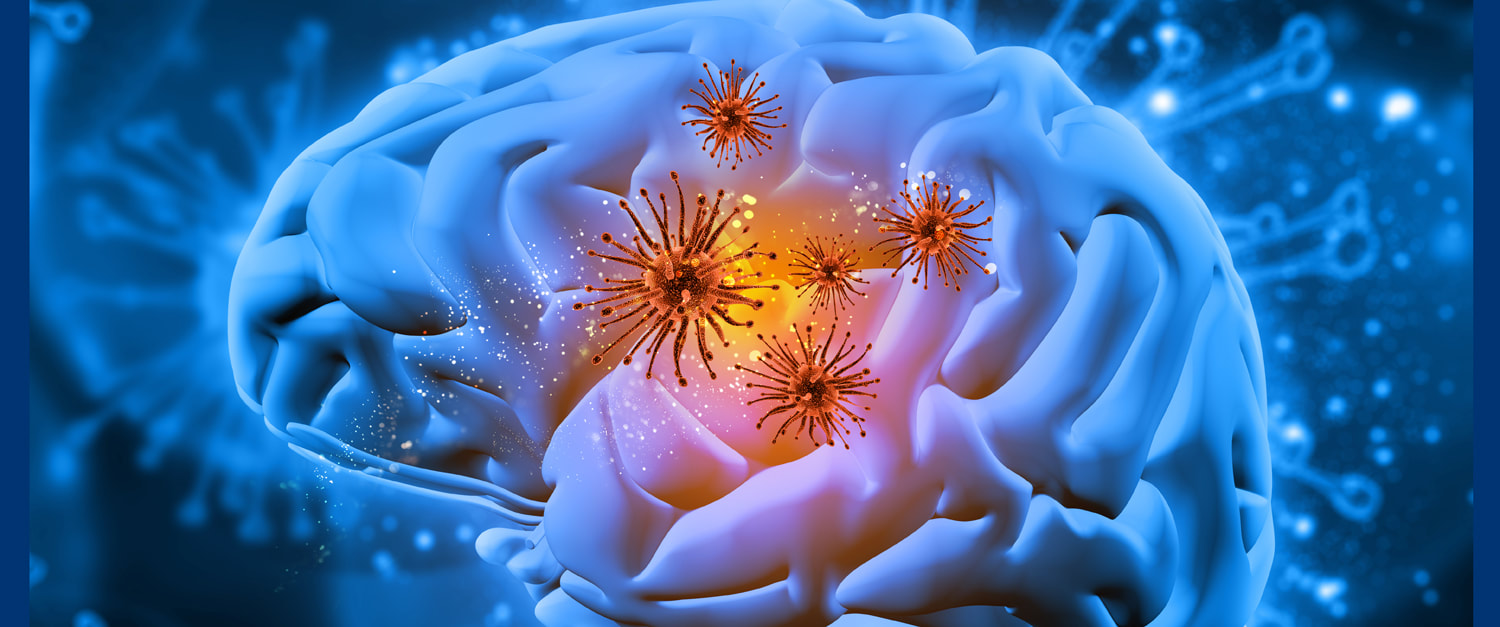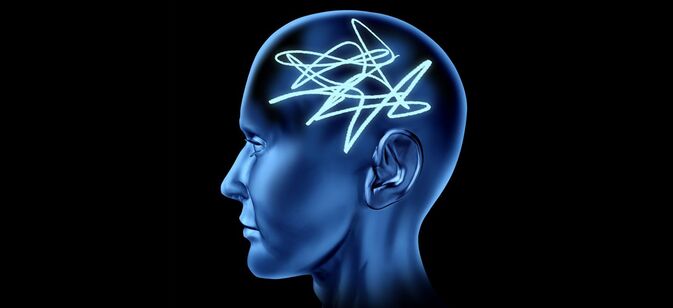|
Increasing evidence over the last 20 years has shown us that hemostatic abnormalities (either a propensity for bleeding or clotting) are not only important in vascular dementia, but also in patients with Alzheimer's dementia. And we know that there is tremendous crossover in these dementia types. Of all the hemostatic markers, serum fibrinogen has been the one most commonly studied.
0 Comments
This recent article in JAMA Neurology, authored by Dr. Matthew J. Burke, shines light on an ongoing and increasing epidemic in our medical world. Patients with serious neurological complaints (especially if they already carry a psych-related diagnosis) are termed "non-organic" or functional neurological cases - or, even worse, just plain crazy.
It’s often been said that we are in control of our destiny. In reflecting upon this idea, I think we have to look to research that has in fact shown a bidirectional communication between the mind and the body – and that one can certainly influence the other, especially in the case of chronic illnesses.
So, just a few quick reflections today from my recent time spent in the calming mountains of Colorado. Perhaps the essayist and naturalist, John Burroughs, who was so active in our nation’s conservation movement, best said what I experienced and believe: “I go to nature to be healed, soothed and have my senses put in order.” How absolutely true this is and can be for each of us to give ourselves the gift of discovering the healing power of nature!
The New Year almost always brings with it new resolutions – many of which are about dieting as a means of improving our health. There are plenty of reasons to look at our eating habits as a means of feeling better, improving our health and even preventing disease.
|
AuthorDr. Suzanne Gazda, Integrative Neurology Archives
February 2024
Categories |





 RSS Feed
RSS Feed